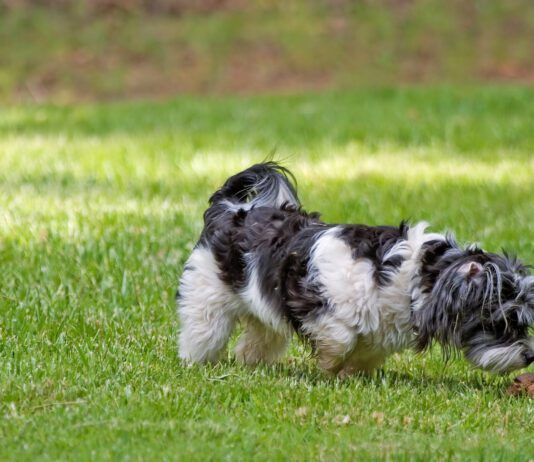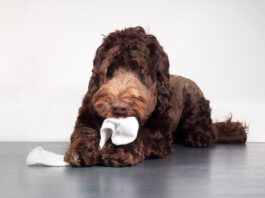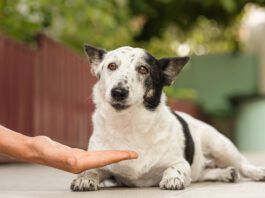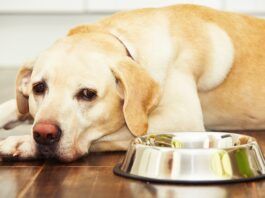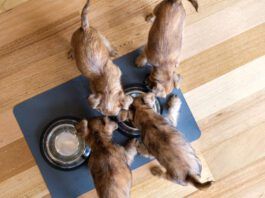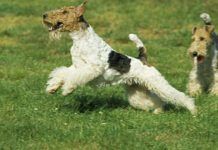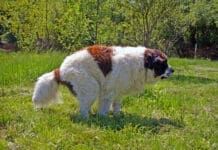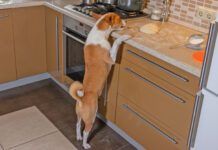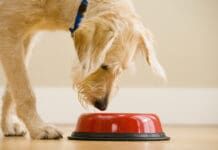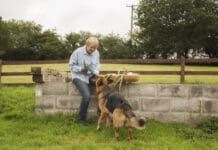My Dog Is Throwing Up Undigested Food
Regurgitation is a classic sign of megaesophagus, a GI motility disorder. In this condition, the muscles and nerves of the esophagus are not normal, so the important motility required to move food along is absent.
Can Dogs Get Food Poisoning?
It may seem like dogs are immune to food poisoning, as they often eat things that would land us in the hospital. They are susceptible to many of the same pathogens that impact humans. In a healthy adult dog, a larger pathogen load is required to induce illness.
My Dog Is Not Eating
If your dog won’t eat, you have a small window of time to evaluate the situation, The better you know your dog, the easier it is to decide if it is something serious or just a phase.
Can You Use MiraLAX for Dogs?
MiraLAX can be used for dogs. It is available as an over-the-counter unflavored powder, which makes it perfect for mixing into your dog’s food or a little bit of water to relieve their constipation.
Why is My Dog Farting So Much?
Flatulence—farts or passing gas—is a perfectly normal part of being a dog. If your dog just farts once in a while or there is a very clear reason why he is extra stinky today, you don’t have anything to worry about. You should definitely call your vet if your dog has other symptoms of illness.
Pancreatitis in Dogs: Causes, Symptoms, and Treatment
While there are hundreds of reasons for not eating in dogs, if your dog is not eating, pancreatitis is a possibility, especially if your dog has symptoms of pancreatitis like not eating, vomiting, diarrhea, abdominal pain, and fever.
5 Things to Feed a Sick Dog With No Appetite
Consider offering a sick dog with no appetite small meals frequently. A variety of different foods might tempt them to try and eat.
How to Make a Dog Throw Up
Hydrogen peroxide can make a dog vomit, but making your dog vomit isn't something to be done without consulting an informed professional.
Dog Gut Health: Restoring Your Dog’s Microbiome
The gut microbiome is becoming known as an important part of overall health for both humans and canines. Investing in your dog's gut health can make a big difference in their quality of life.
My Dog Ate an Onion!
Approximately 100 grams – about a half cup – of onion can be toxic to a 45-lb. dog. Onion powder is more concentrated, and therefore worse.
Why Is My Dog Losing Weight?
Environmental issues can cause a dog to stop eating and be easily fixed. Dental or medical issues can also cause weight loss and need professional assistance to resolve.
Dramamine for Dogs
Dramamine, a brand name for the drug dimenhydrinate, is an antihistamine that is used off-label in many dogs for vestibular problems, including carsickness and...


